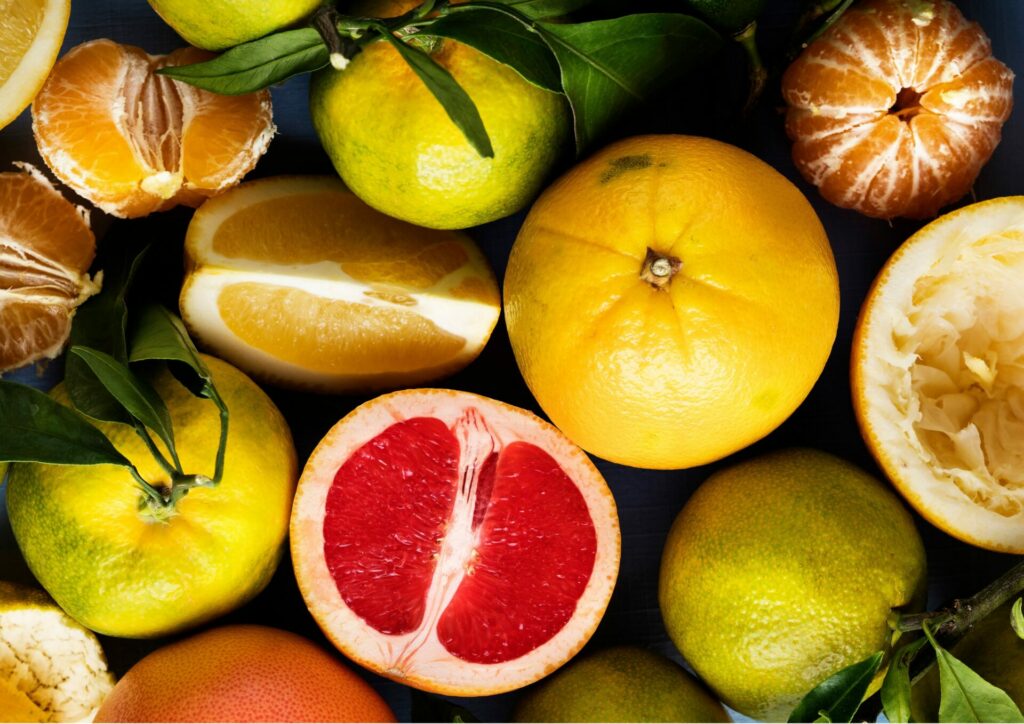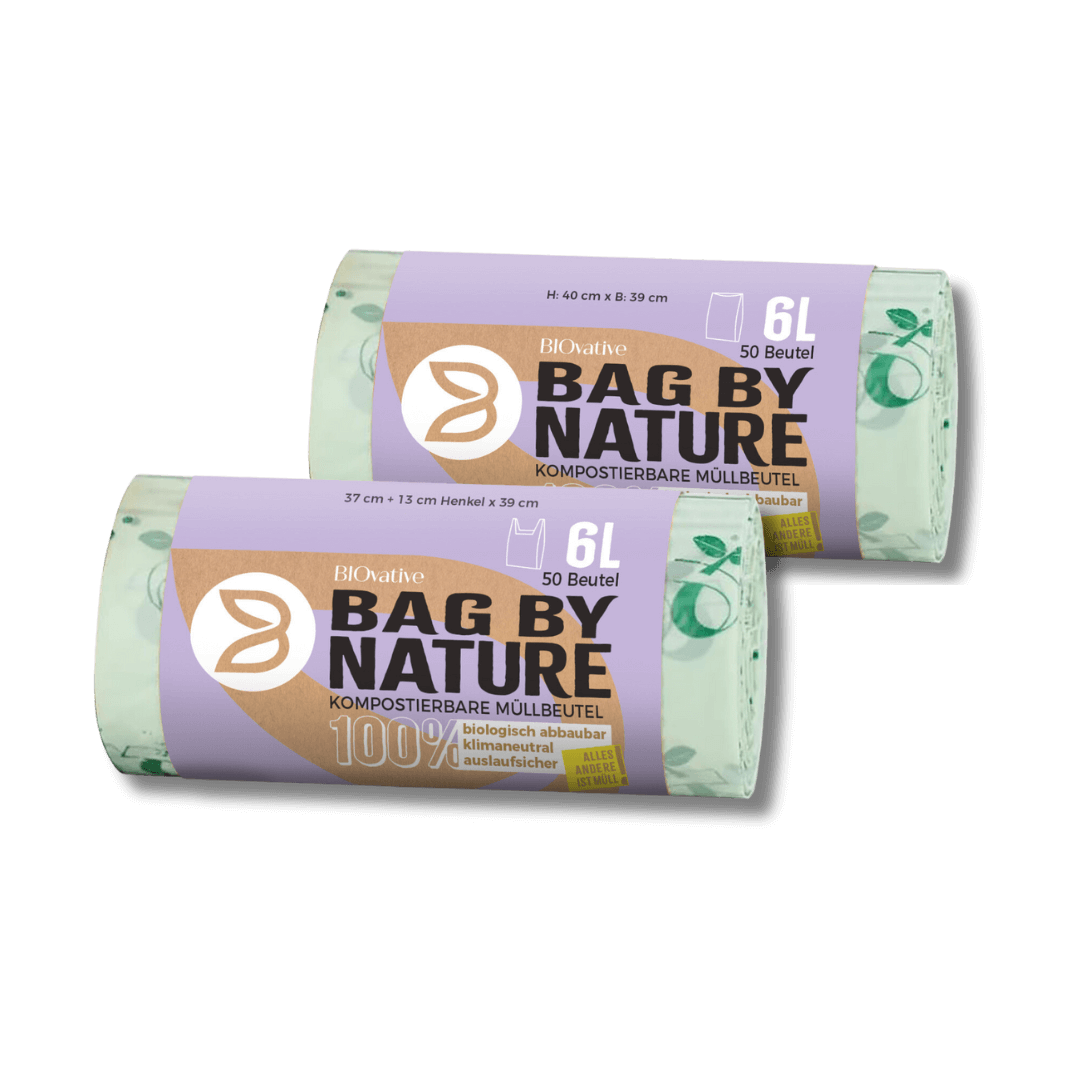Glossary » citrus fruits
citrus fruits
Citrus fruit in organic waste - Yes or No?
Especially in the winter months, when oranges are in high season, the aromatic citrus peel piles up in kitchens. But where to put them? The happy answer: oranges, lemons, limes and other citrus fruits definitely belong in the organic waste. They are a valuable, albeit somewhat special, contribution to compost.

As a general rule, anything that is biodegradable can go in the organic waste bin. Of course, this also includes citrus fruit peel. They are organic, i.e. part of a former living organism, and can be decomposed by microorganisms. In this respect, citrus fruit is no different from other kitchen waste such as apple or banana peel.
But citrus peel has a special feature: it contains essential oils, which give it its characteristic scent, but also has a natural antimicrobial effect. In nature, it protects the fruit from bacteria and fungi. This property makes citrus peel a special guest in organic waste.
The antimicrobial effect can initially slow down the composting process somewhat. However, this is nothing to worry about. It simply means that citrus fruits take a little longer to decompose completely. Orange peel in particular is quite thick and firm. Compared to softer waste such as tea bags or salad leaves, they need more time to decompose. This is not a problem when they are processed in the composting plant. The microorganisms adapt and break down even the more robust orange peel over time.
Citrus fruits and their positive effect on organic waste
There are even advantages if the peelings end up in organic waste. For one thing, they contain valuable nutrients. They are particularly rich in potassium, an important mineral for plant growth. Nitrogen and phosphorus, two other key elements for healthy plants, are also found in the peelings.
On the other hand, the essential oils in citrus fruits can help to keep unwanted insects such as flies or maggots away from organic waste. Ants, for example, don’t like the intense citrus smell at all.
Another plus point: citrus fruits can regulate the acidity of the compost. Compost should be neither too acidic nor too alkaline. A pH value between 6 and 7 is ideal. Citrus peel usually has a pH value of around 4, meaning it is slightly acidic. This can help to balance out compost that is too alkaline.
Pesticides, harmful substances and wax
Untreated organically grown fruit can be disposed of in the organic waste bin without hesitation, but what about fruit from countries that do not have strict regulations on pesticides?
In many countries of origin of citrus fruits, pesticides and other chemicals are often used quite liberally, and the fruits are also coated with wax to ensure that they survive the long transportation route. These harmful substances therefore also end up in organic waste. But here too, the quantity makes the poison. When disposing of normal household quantities, the chemical residues are so small that they pose no danger.
Organic waste bin - Dispose of citrus fruit correctly
To speed up the composting process, you can cut the peelings into smaller pieces. The smaller the pieces, the more surface area the microorganisms have to work on. This allows the citrus peel to integrate more quickly into the compost.
It is also important that only the peel of organically grown citrus fruit ends up in the organic waste. Conventionally grown citrus fruits are often treated with pesticides that accumulate in the peel. Organic fruit is the better choice here.
So, don’t hesitate to throw your orange peels in the organic waste. They are a valuable contribution, even if they need a little more time than other waste. With their nutrients, pH regulation and insect-repellent properties, they even have special qualities.
Discover our products
Compostable bin liners
For clean and sustainable disposal of your organic waste






